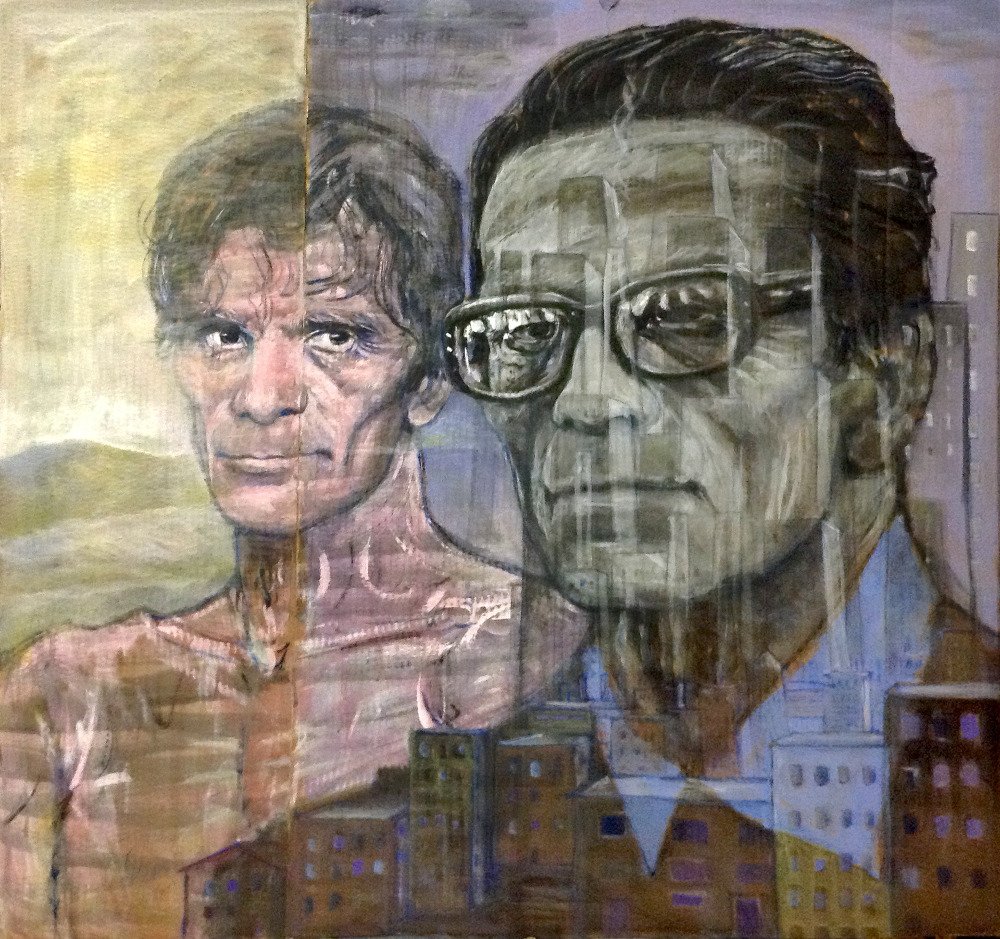
I am in the organization of a big convention about italian writer, director, poet and columnist Pier Paolo Pasolini. We started working on it some months ago and now the timetable of the events is taking shape. When I say "we" I mean the board of the association Poiein-lab which is the promoter and organizer of the whole event.
The initiative will start at the beginning of 2018 and will end in Autumn 2018, with many events (projections, conferences, publications, meetings).
I worked as a journalist for many years (many years ago!) but I've never organized something like that, so it is really a challenge for me. My main task will be the curatorship of an antology of tales by young italian writers. We are still at the beginning of this task.
I will also create all the graphic themes for the event, but that's not something I'm worried about.

Pier Paolo Pasolini is an author I loved for most of my life. He was murdered in 1975, at 53, but he is still well remembered and considered in Italy (and not only in Italy) (Article from spanish newspaper El Pais)
At the top of this post there is the portrait of Pasolini I painted 3 years ago (in a series of portraits of authors that are important to me). In that portrait there are also, I think, the issues of the work of Pasolini: the conflict between the late industrial society and the peasant culture in the age of consumerism, the South of the world as a chance of salvation for the the richest countries, the pessimism about the fate of the West.
Pasolini was a controversial figure in the cultural melieu of his time. He was also a provocateur, and payed a price for that (probably with his life too). But the reason for his legacy being still alive today is not his being a much discussed public figure, in my opinion.

The issues and the themes of his poetics are mostly outdated, but the problems he wrote about are still relevant - even if they have changed.
Our society still has to come to terms with the conflict between the "South" of the world - the poorest countries - and the richest and powerful ones. Our society still has to come to terms with the quest for happiness of the individuals in a world that's fastly changing.
How do writers handle those subjects nowadays? I don't want to make a list on names now, but this question is the starting point for the little antology we are going to curate. If I will be able to do it.

